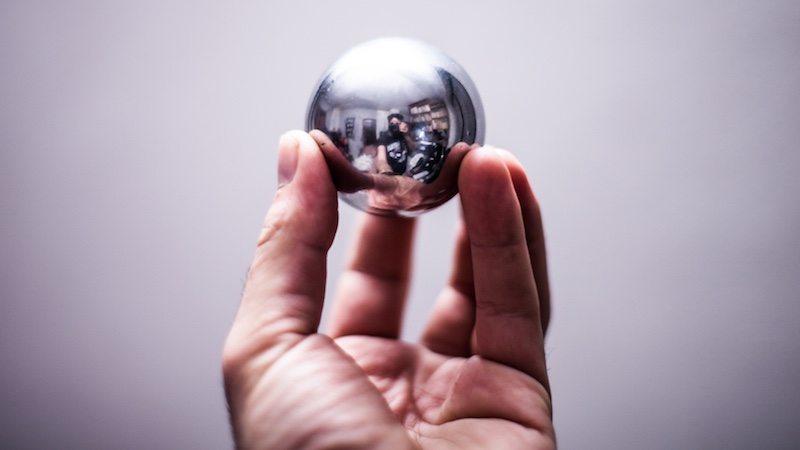Fostering self-awareness
Episode #3 of the course How to be a more mindful leader by The Plato Project
“Know thyself” is long-established wisdom, a maxim from the ancient Greeks that has deeper roots in religious practice. It has been central to the getting of wisdom, knowing oneself being a fundamental buffer against the vagaries of an uncertain world.
Referred to as “self-awareness,” knowing yourself is a strong indicator of emotional intelligence and is a significant factor in being able to make the transition from functional expert to leader. Being aware of one’s self makes it possible to recognize others for what—and who—they are. Understanding other people makes it possible to nurture them. Knowing what makes different people different enables the benefits of diversity to be harnessed. It enables clear decision-making and provides a solid foundation for the humility that is necessary for building strong interpersonal relationships.
The real challenge for a leader, though, is to allow for awareness of one’s self to develop over time. To understand that self-awareness is not a static, defined thing, but rather a process or a journey. The nature of the journey is elegantly described by Bill George, who writes of the three essential steps to building self-awareness:
Understanding your life story and framing your crucible
Considering your early life story helps to understand the reasons for your current actions. How you frame your crucible (a significant challenge in your life) is especially important, because while the crucible has the potential for great suffering, it also has the potential for significant development—to shine a light on what really matters to you.
Create a daily habit of self-reflection
In day-to-day activities, it is easy to let the immediate crowd out the important. A daily habit of at least twenty minutes of self-reflection, be that through jogging or meditation or any other reflective practice, enables a renewed focus on what is important.
Seek honest feedback
We all have traits that we cannot see but others can see in us. These “blind spots” are important, and they can only be revealed by soliciting honest feedback from people you trust.
The notion of personality styles is undoubtedly important. It gives insight into how a person acts. It also gives a starting point from which to undertake the more challenging (and rewarding) journey of self-awareness. And it is self-awareness that Daniel Goleman identifies as being pivotal to a broader Emotional Intelligence (or Emotional Quotient, “EQ”). This matters because it is EQ that is the best predictor of successful leaders, not IQ. The best leaders understand relationships, have the ability to perceive how different people interact, and know how to draw the best from different people.
The journey of a mindful leader is to move through self-awareness to foster emotional intelligence, and from this emotional intelligence, develop the emotional competencies necessary to lead teams with purpose.
“Good character is not formed in a week or a month. It is created little by little, day by day. Protracted and patient effort is needed to develop good character.” — Heraclitus
Recommended book
Share with friends

